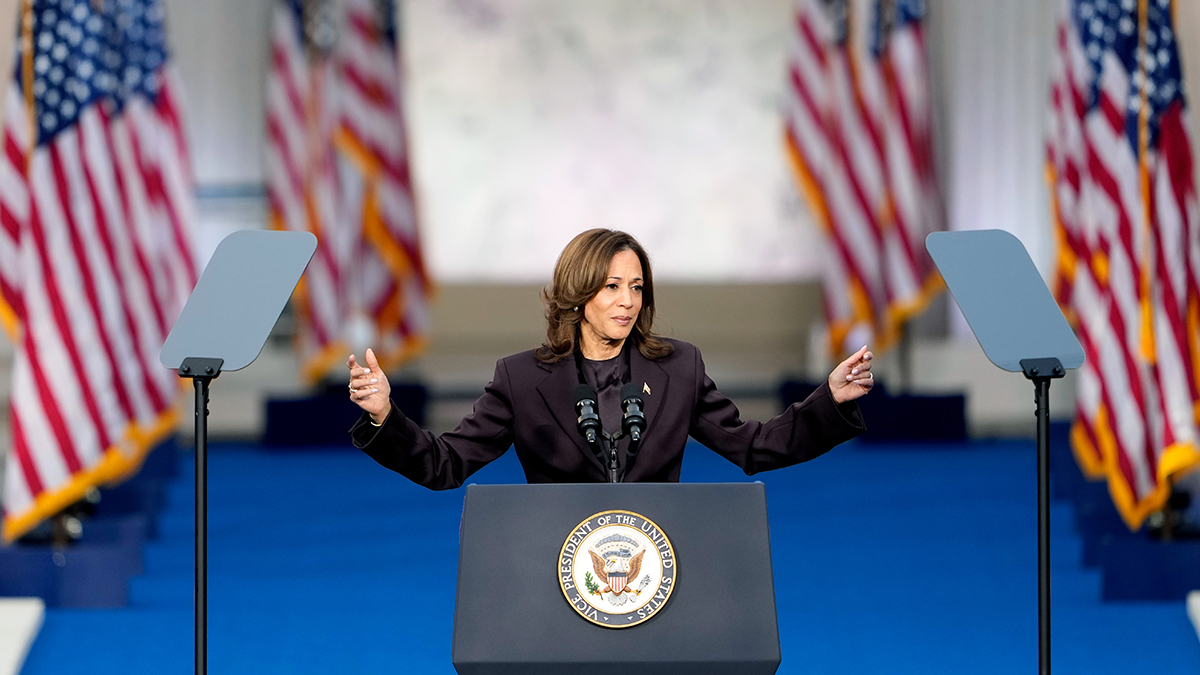A doctor who is accused of illegally supplying drugs to "Friends" actor Matthew Perry in the weeks before his accidental overdose death plans to return to his medical practice as soon as this week.
The attorney for Dr. Salvador Plasencia confirmed reports that the doctor plans to resume his practice at the urgent care clinic that he operates in the Calabasas area. Plasencia pleaded not guilty to one count of conspiracy to distribute ketamine last week and his bond was set at $100,000.
Plasencia's attorney, Stefan Sacks, did not elaborate Wednesday on when exactly the doctor would return.
Inside Matthew Perry's final hours: New details revealed
A judge ruled at Plasencia’s arraignment Thursday that he must display a sign at the front door of his clinic informing potential patients of his pending court case. Patients are also required to sign a related form stating they understand the allegations against him and allow consent for treatment upon every visit.
Get Tri-state area news delivered to your inbox. Sign up for NBC New York's News Headlines newsletter.
Prosecutors allege Plasencia provided ketamine to Perry and his assistant, Kenneth Iwamasa. He allegedly administered some injections of the drug to Perry himself in addition to teaching Iwamasa how to do the injections.
U.S. & World
Iwamasa pleaded guilty on Aug. 7 to one count of conspiracy to distribute ketamine causing a death and admitted having repeatedly injected Perry without medical training.
Court documents from Iwamasa's case said the assistant admitted he was in regular communication with Plasencia to obtain drugs for Perry. Authorities estimate Iwamasa used Perry's money to pay Plasencia $55,000 for ketamine between Sept. 20, 2023, and Perry's death on Oct. 28, 2023.
Ketamine, an anesthetic with psychedelic properties, is a popular party drug that has recently been found to be a promising alternative treatment for some mental illnesses but carries serious medical risks.
Perry had been undergoing ketamine infusion therapy to treat depression and anxiety, but prosecutors say he had been obtaining the drug illegally outside of his scheduled doses as part of an “out-of-control” addiction.
Perry had a scheduled ketamine infusion with a doctor on Oct. 12, but Iwamasa contacted Plasencia after the treatment for more, according to prosecutors. According to Iwamasa's plea agreement, Plasencia agreed to meet at Perry’s home later that day and administered a “large dose of ketamine.”
Perry had a bad reaction to that additional dose — his blood pressure spiked, his body began to “freeze up,” and he could not talk or move, the plea agreement said.
The plea agreement alleges that despite that adverse reaction, Plasencia left additional vials of ketamine for Perry at the house.
After that day, Iwamasa said that Perry instructed him to use a second supplier to obtain vials of ketamine, according to the plea agreement.
Perry was found dead in a pool at his Pacific Palisades home roughly two weeks later, after Iwamasa injected him three times between about 8:30 a.m. and 1:30 p.m., according to the document.
The Los Angeles County Medical Examiner’s Office attributed his death to the acute effects of ketamine.
This story first appeared on NBCNews.com. More from NBC News:
- RFK Jr. is planning to drop out of the 2024 presidential race and endorse Trump
- These are the people who perished when the superyacht sank off Sicily
- U.S. added 818,000 fewer jobs than thought, adding to concerns about a slowing economy
Shanshan Dong reported from Los Angeles and Doha Madani reported from New York City.



